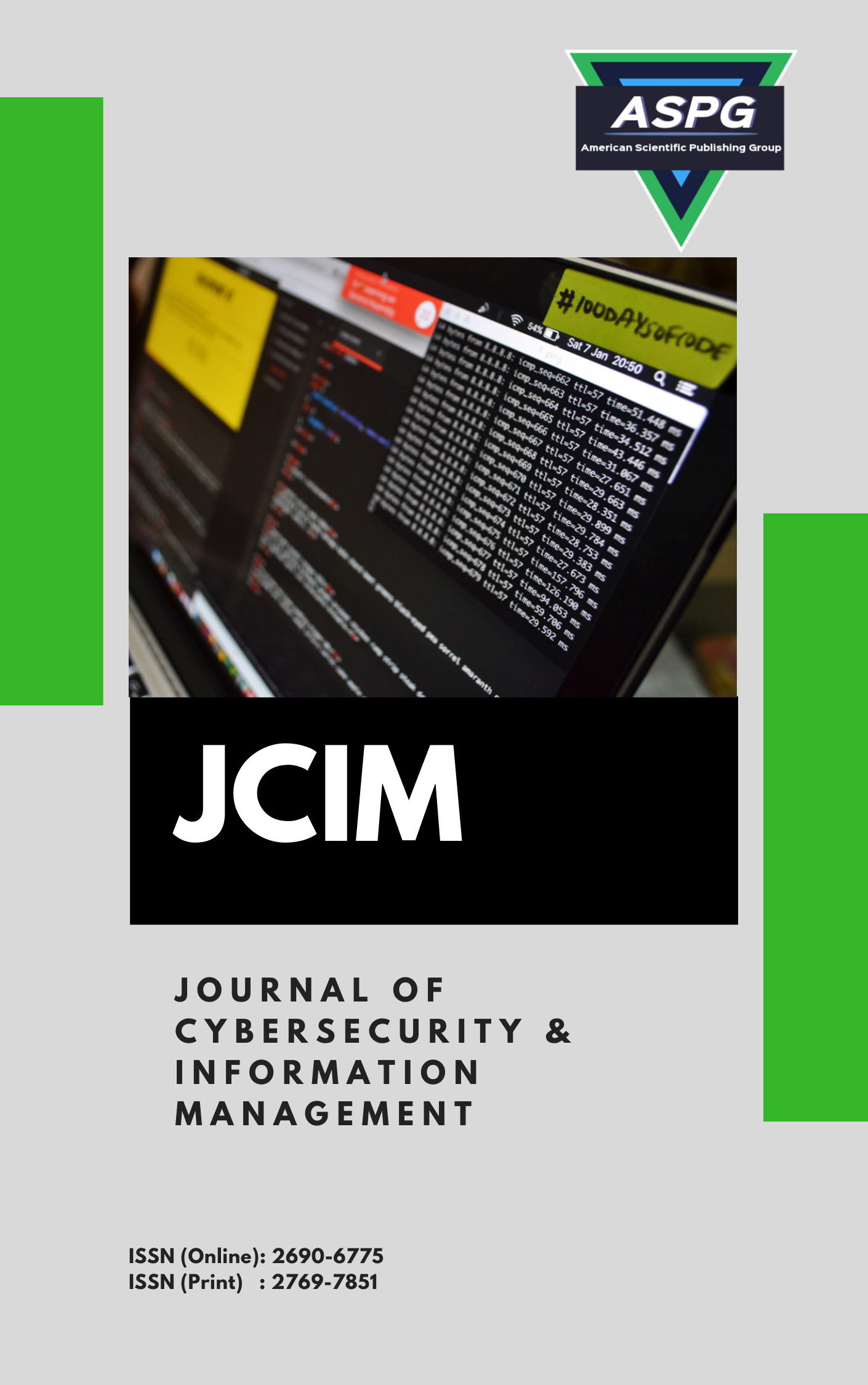

The Health Insurance Portability and Accountability Act of 1996 was brought in to serve as a legislation that could essentially assist in reorganizing the flow of healthcare information, prescribing how sensitive medical data stored with healthcare/insurance firms should be protected from stealing and tampering. It has served as a pioneer in the world of privacy in healthcare and set one of the earliest benchmarks for any legal instruments regarding the storing and dissemination of medical information in the form of electronic health records. The HITECH act of 2009 and the HIPAA omnibus rule of 2013 further cemented the use of standardized frameworks which can help control, reduce and track any possible breaches of confidentiality and integrity of such personal information. This paper explores the content, reasoning, and timeline of the HIPAA act and the impact it creates on the health information technology sector. It also explains the challenges that are faced in the implementation of the policy and gives a holistic perspective of the rights and responsibilities of each stakeholder involved.
Read MoreDoi: https://doi.org/10.54216/JCIM.040201
Vol. 4 Issue. 2 : Special -RIDAPPH PP. 5- 15, (2020)
Health care information has great potential for improving the health care system and also providing fast and accurate outcomes for patients, predicting disease outbreaks, gaining valuable information for prediction in future, preventing such diseases, reducing healthcare costs, and improving overall health. In any case, deciding the genuine utilization of information while saving the patient's identity protection is an overwhelming task. Regardless of the amount of medical data it can help advance clinical science and it is essential to the accomplishment of all medicinal services associations, at the end information security is vital. To guarantee safe and solid information security and cloud-based conditions, It is critical to consider the constraints of existing arrangements and systems for the social insurance of information security and assurance. Here we talk about the security and privacy challenges of high-quality important data as it is used mainly by the healthcare structure and similar industry to examine how privacy and security issues occur when there is a large amount of healthcare information to protect from all possible threats. We will discuss ways that these can be addressed. The main focus will be on recently analyzed and optimized methods based on anonymity and encryption, and we will compare their strengths and limitations, and this chapter closes at last the privacy and security recommendations for best practices for privacy of preprocessing healthcare data.
Read MoreDoi: https://doi.org/10.54216/JCIM.040202
Vol. 4 Issue. 2 : Special -RIDAPPH PP. 16-30, (2020)
Sharing the electronic health data helps to increase the accuracy of the diagnoses and to improve the quality of health services. This shared data can also be used in medical research and can reduce medical costs. However, health data are fragmented across decentralized hospitals, this prevents data sharing and puts patients’ privacy at risks. In recent years, blockchain has revealed solutions that make life easier in many areas thanks to its distributed, safe and immutable structure. There are many blockchain-based studies in the literature on providing data privacy and sharing in different areas. In some studies, blockchain has been used with technologies such as cloud computing and cryptology. In the field of healthcare blockchain-based solutions are offered for the management and sharing of Electronic health records. In these solutions, private and consortium blockchain types are generally preferred and Public Key Infrastructure (PKI) and encryption are used for data privacy. Within the scope of this study, blockchain-based studies on the privacy preserving data sharing of health data were examined. In this paper, information about the studies in the literature and potential issues that can be studied in the future were discussed. In addition, information about current blockchain technologies such as smart contracts and PKI is also given.
Read MoreDoi: https://doi.org/10.54216/JCIM.040203
Vol. 4 Issue. 2 : Special -RIDAPPH PP. 31-37, (2020)